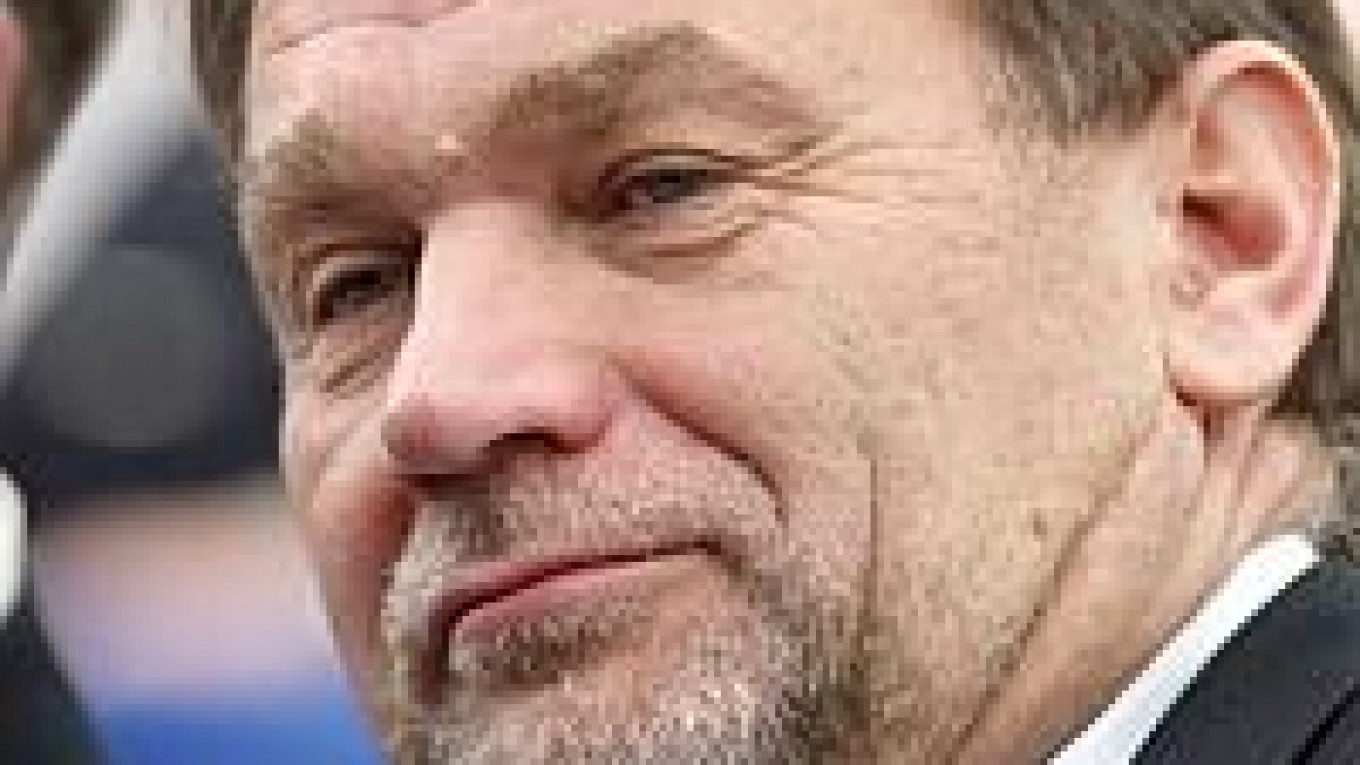Poland's corruption law bars any state officials, with the exception of Treasury Ministry officials, from negotiating business transactions, including asset sales, on the government's behalf. The security service's documents summarized a July 2003 meeting between Kulczyk and Vladimir Alganov, a former KGB agent. Kwasniewski denies any involvement in the secret negotiations.
"According to information obtained by us, Kulczyk did try to convince Alganov that he's got all authority to hold further talks," the Security Service said in the notes, which were distributed in parliament. "He was claiming to have support of a person described as 'the top man,' indicating support of the Polish president."
Polish opposition parties, led by the Citizens Platform, have called for an investigation into plans to sell the country's largest refiners, PKN Orlen and Grupa Lotos, previously Rafineria Gdanska. Kwasniewski, whose second term as Poland's president ends in 2005, can't be reelected.
"I don't have that kind of influence and don't want to have it," Kwasniewski told reporters last week. "I am absolutely in favor of the publication of these two notes."
In July last year Kulczyk, who has a 5.6 percent stake in the country's largest refinery, PKN, met Alganov, who worked for the KGB before becoming an adviser to the Russian Industry and Energy Ministry, and talked to him about the sale of Rafineria Gdanska to LUKoil.
The Polish government had already announced that it had decided against selling Rafineria Gdanska when the meeting took place. Kulczyk tried to convince Alganov that he had the authority of "the top man" in Poland to continue negotiations on the sale.
"He didn't refer directly to the president, he said 'the top man,"' said Kwasniewski. "And I am not at all of the opinion that 'the top man' has to mean the president."
A Message from The Moscow Times:
Dear readers,
We are facing unprecedented challenges. Russia's Prosecutor General's Office has designated The Moscow Times as an "undesirable" organization, criminalizing our work and putting our staff at risk of prosecution. This follows our earlier unjust labeling as a "foreign agent."
These actions are direct attempts to silence independent journalism in Russia. The authorities claim our work "discredits the decisions of the Russian leadership." We see things differently: we strive to provide accurate, unbiased reporting on Russia.
We, the journalists of The Moscow Times, refuse to be silenced. But to continue our work, we need your help.
Your support, no matter how small, makes a world of difference. If you can, please support us monthly starting from just $2. It's quick to set up, and every contribution makes a significant impact.
By supporting The Moscow Times, you're defending open, independent journalism in the face of repression. Thank you for standing with us.
Remind me later.


